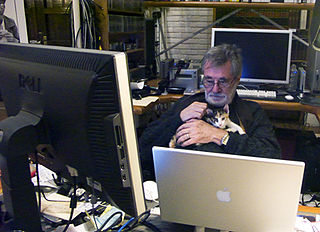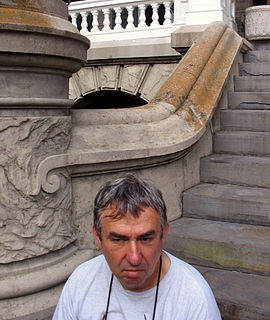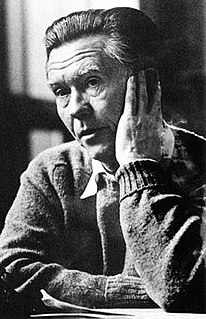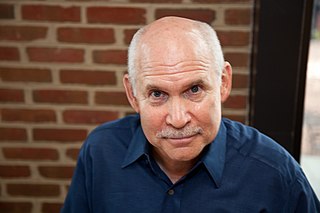A Quote by Edward Said
But I do not know whether the photograph can, or does, say things as they really are. Something has been lost. But the representation is all we have.
Related Quotes
One of the magical things about photography is the transformation that takes place when you photograph something. Something that inherently has very little going for it in terms of the interest you take in it, can become infinitely more interesting when rendered as a photograph. It's no longer a building. It's a photograph.
If a painting of a tree was only the exact representation of the original, so that it looked just like the tree, there would be no reason for making it; we might as well look at the tree itself. But the painting, if it is of the right sort, gives something that neither a photograph nor a view of the tree conveys. It emphasizes something of character, quality, individuality. We are not lost in looking at thorns and defects; we catch a vision of the grandeur and beauty of a king of the forest.
A student brings something to discuss, saying, "I don't know whether this is really good, or whether I should throw it in the wastebasket." The assumption is that one or the other choice is the right move. No. Almost everything we say or think or do - or write - comes in that spacious human area bounded by something this side of the sublime and something above the unforgivable.
The minute you start saying something, 'Ah, how beautiful! We must photograph it!' you are already close to view of the person who thinks that everything that is not photographed is lost, as if it had never existed, and that therefore, in order really to live, you must photograph as much as you can, and to photograph as much as you can you must either live in the most photographable way possible, or else consider photographable every moment of your life. The first course leads to stupidity; the second to madness.
Intuitionists think that there are cases in which, say, some identity statement between real numbers is neither true nor false, even though we know that it cannot possibly be false. That is: We know that it cannot not be that a = b, say, but we cannot conclude that a = b. We can't, in general, move from not-not-p to p in intuitionistic logic. , I suggest that the believer in vague objects should say something similar. It can never be true that it is vague whether A is B. But that does not imply that there is always a fact of the matter whether A is B.
I don't play golf. I don't play basketball. I don't really like cards. I don't think anybody questions whether or not I have a role to play here. And so I think it is irrelevant whether the president wants to do that in some of his free time. What's really important is, when we have something to say, does he listen to us?
I think life is too short not to be doing something which you really believe in. Whether you're photographing for yourself, for your job, whether you photograph on the weekends or everyday or once in a while, the main point is having fun and to be exercising your curiosity and to be really in love with what you are doing.






































